Cost of living, health care, economy and climate change are top election issue for Australians
An exclusive poll has revealed what the biggest issues will be at this year’s election, but there are big differences between the rich and poor and Gen Z and Boomers.
National
Don't miss out on the headlines from National. Followed categories will be added to My News.
EXCLUSIVE
THE cost of living will take centre stage at this year’s federal election, with half of all Australians nominating it as one of their two key issues in a new poll.
Fifty per cent of respondents in our exclusive YouGov survey said the cost of things like food, running the car, household bills and the price of beer, will determine which way they vote in this year’s federal election.
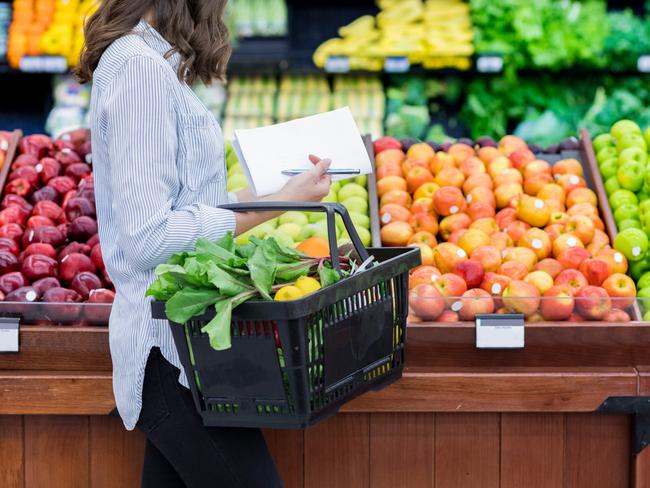
Health care (37 per cent), the economy (34 per cent) and climate change (32 per cent) – in that order – are the next biggest issues for Aussies.
And, in a warning to Australia’s politicians, 43 per cent of those quizzed said they are not wed to any particular party and will vote depending on the leaders and the issues of the day.
While across all age groups the cost of living rated highly, those most concerned about household finances are Gen X and those whose total household income is less than $100,000 a year.
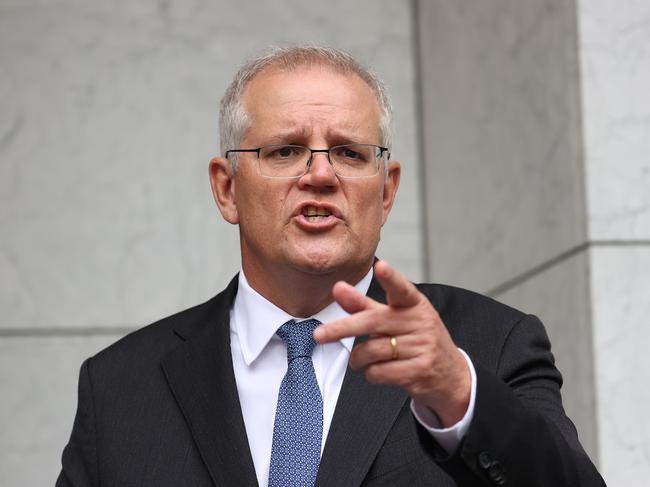
Those whose combined earnings are more than $100,000 say climate change is their top election issue, along with Gen Z where nearly half chose the environment as their main concern.
Meanwhile, the Silent generation put the economy and health care above the cost of living.
Independent economist Saul Eslake said since the last election the Consumer Price Index (CPI) – which measures the average change in prices over time that consumers pay for a basket of goods and services – had risen by 4.9 per cent, while wages had gone up by 4.8 per cent.
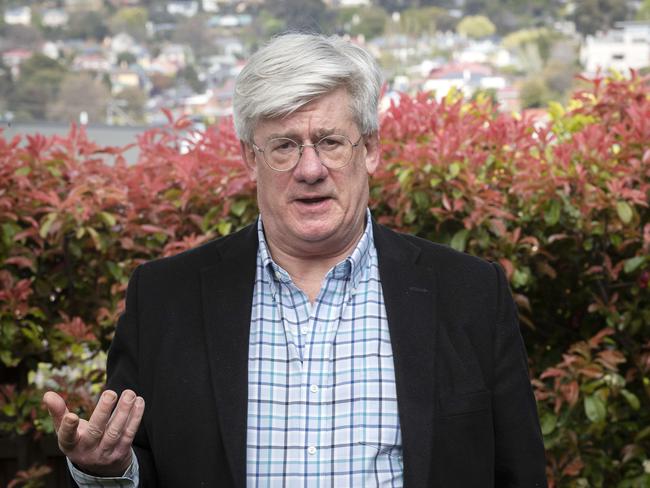
“Households on average have been treading water,” Mr Eslake said.
“We have not fallen behind, but we are also not getting ahead.
“But averages conceal lots of things.
“People who have worked fewer hours because their employer has been closed down during Covid will not have seen their wages go up as much, but the cost of living would have gone up the same for them as everyone else.”
He added that people on above average wages have been better protected during the pandemic, which suggests that people at the other end of the spectrum may have done worse.
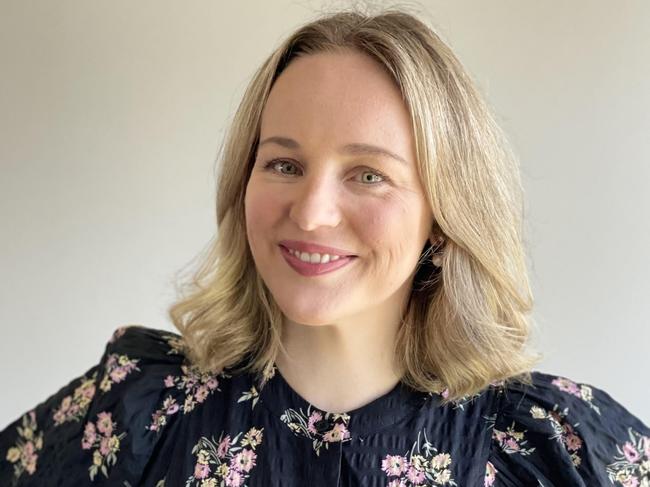
With property seeing double digit growth in many locations in the last year, it was no surprise one in five respondents highlighted it as one of their two top issues, although only 10 per cent of those already in the market thought so, compared with more than a third who don’t own their own home.
Lauren Simpson, who runs Care for Kids, a website connecting parents with childcare centres, said families have been particularly hard hit by rising childcare fees, something the Government has recognised.
“Hopefully families will get some relief in 2022 when the second child discount comes into effect in March, which will mean that childcare fees will become more affordable for thousands of families,” she said.
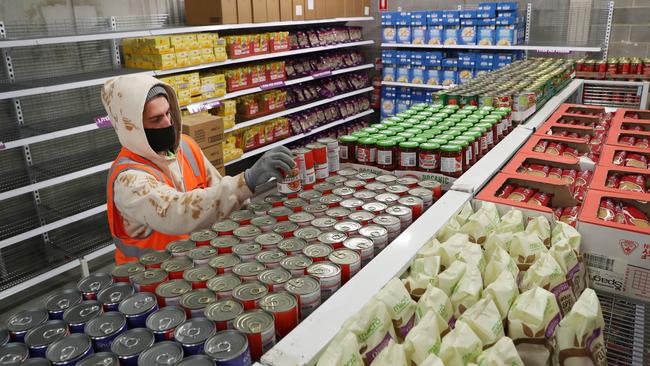
Meanwhile, Foodbank Australia said one in three people seeking its help last year had never done so before and suspected others struggling were too embarrassed to come forward.
“Although Foodbank is now providing food relief to a record one million people a month, we know many experiencing hardship feel there are others worse off and don’t ask for help,”
Foodbank Australia CEO, Brianna Casey, said.
julie.cross@news.com.au





